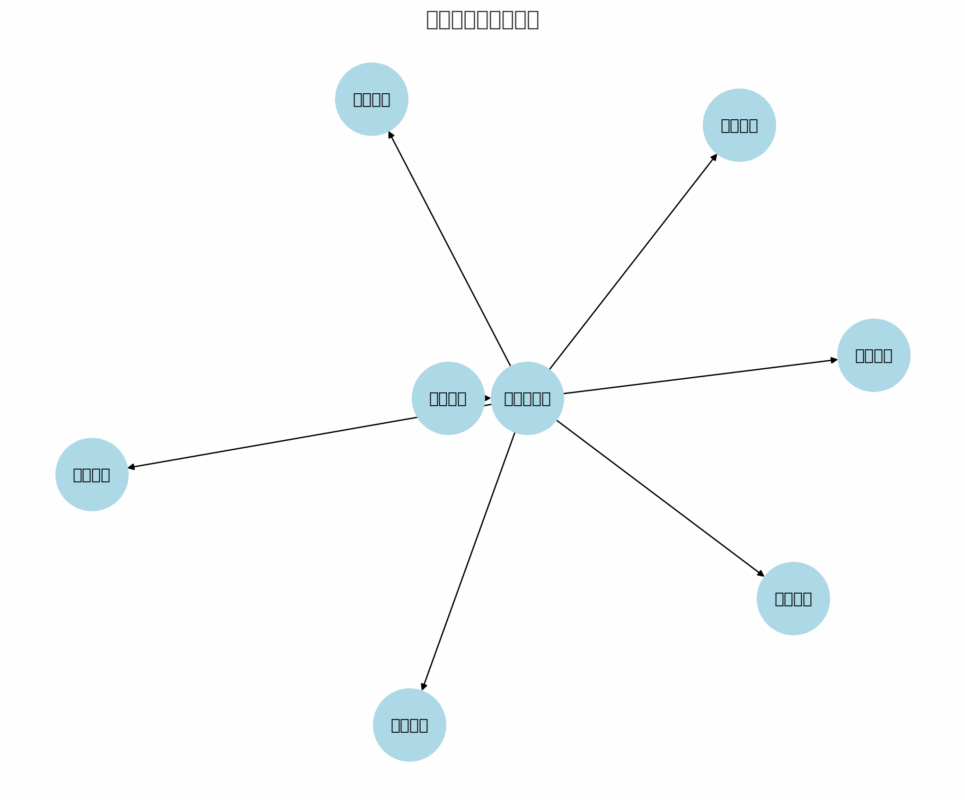Understanding IRS Form 1040-NR: A Guide for Nonresident Aliens
Form 1040-NR, the U.S. Nonresident Alien Income Tax Return, is a crucial document for individuals who are not U.S. citizens or green card holders but have income from U.S. sources. Filing this form ensures compliance with U.S. tax laws and can also be the means to claim a refund for overpaid taxes.
Who is Required to File Form 1040-NR?
You generally must file Form 1040-NR if you are a nonresident alien and are:
-
Engaged in a trade or business in the United States. This applies even if you have no income from that business, no U.S. source income, or if your income is exempt under a tax treaty.
-
Not engaged in a trade or business in the U.S. but have U.S. source income on which the tax was not fully paid by withholding.
-
The representative of a deceased person who would have had to file Form 1040-NR.
-
The fiduciary of a nonresident alien estate or trust that is required to file.
Students and scholars on F, J, M, or Q visas are considered engaged in a trade or business in the U.S. and may need to file if they have taxable income.
What Income is Reported?
Nonresident aliens are generally taxed on two types of U.S. source income:
-
Effectively Connected Income (ECI): This is income earned from a trade or business conducted in the United States. It is taxed at the same graduated rates as the income of U.S. citizens and residents. Examples of ECI include wages, salaries, tips, and business income.
-
Fixed, Determinable, Annual, or Periodical (FDAP) Income: This includes passive investment income such as interest, dividends, rents, and royalties that are not effectively connected with a U.S. trade or business. FDAP income is typically taxed at a flat 30% rate, unless a tax treaty specifies a lower rate. This income is reported on Schedule NEC (Form 1040-NR).
Key Filing Deadlines for the 2024 Tax Year
The filing deadline for Form 1040-NR for the 2024 tax year (taxes filed in 2025) depends on your circumstances:
-
For nonresident aliens who had wages subject to U.S. income tax withholding: The deadline is generally April 15, 2025.
-
For nonresident aliens who did not have wages subject to U.S. income tax withholding: The deadline is generally June 16, 2025.
If you need more time to file, you can request an extension by filing Form 4868, which generally extends the filing deadline to October 15, 2025. However, an extension to file is not an extension to pay any taxes owed.
How to Complete Form 1040-NR
While it is always recommended to consult the official IRS instructions or a qualified tax professional, here is a general overview of the steps to fill out Form 1040-NR:
-
Determine Your Filing Status: Your filing status will typically be “Single nonresident alien” or “Married nonresident alien.” Joint filing is generally not permitted for nonresident aliens unless you are married to a U.S. citizen or resident alien and make a specific election.
-
Gather Your Documents: You will need documents such as Form W-2 (for wages), Form 1042-S (for foreign persons’ U.S. source income subject to withholding), and Form 8843 (Statement for Exempt Individuals and Individuals with a Medical Condition).
-
Report Your Income:
-
Effectively connected income is reported directly on Form 1040-NR.
-
FDAP income is reported on Schedule NEC and the total tax is then transferred to Form 1040-NR.
-
-
Calculate Deductions and Credits: Nonresident aliens have limited deductions and credits available compared to U.S. residents. You may be able to claim certain itemized deductions on Schedule A (Form 1040-NR).
-
Calculate Your Tax: Use the tax tables or tax computation worksheet in the Form 1040-NR instructions to determine your tax liability on your effectively connected income. Add the tax on your FDAP income from Schedule NEC.
-
Account for Payments and Withholding: Include any federal income tax withheld from your wages (from Form W-2) and any tax withheld on other income (from Form 1042-S).
-
Determine Your Refund or Amount Owed: After subtracting your total payments from your total tax, you will either have a refund or an amount you need to pay to the IRS.
Common Mistakes to Avoid
-
Filing the Wrong Form: A common error is for nonresident aliens to file Form 1040, which is for U.S. citizens and residents. This can lead to incorrect tax calculations and potential penalties.
-
Incorrectly Claiming Deductions or Credits: Nonresident aliens are subject to different rules for deductions and credits. Be sure to understand which ones you are eligible for.
-
Missing the Filing Deadline: Filing late can result in penalties and interest. If you cannot meet the deadline, be sure to file for an extension.
-
Forgetting to Sign and Date the Return: An unsigned tax return is not considered valid.
-
Not Attaching Required Forms and Schedules: Ensure all necessary documents, such as W-2s, 1042-S, and any required schedules, are attached to your return.
Filing U.S. taxes as a nonresident alien can be complex. If you are unsure about any aspect of filing Form 1040-NR, seeking assistance from a qualified tax professional who specializes in international tax matters is highly recommended.



 中文 (简体)
中文 (简体)